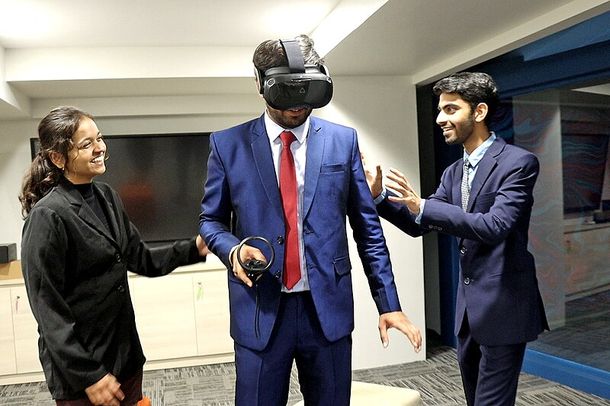Can You Patent AI Inventions? Let’s Break It Down!

Generative AI (GenAI) is everywhere these days. It’s helping companies write better code, generate stunning art, and even predict molecular structures for new medicines. Essentially, GenAI takes loads of data, learns from it, and spits out new, useful stuff. But here’s the million-dollar question: if your AI system comes up with something groundbreaking, can you patent it?
It’s not as simple as slapping a patent on your shiny new algorithm and calling it a day. AI inventions—whether it’s the system itself, how it’s trained, or what it produces—sit in a tricky legal gray zone. That’s where patents come in (or sometimes don’t).
What Even Is an AI Patent?
When we talk about "AI inventions," we’re referring to things like:
- The algorithms and models that power AI systems.
- Specific applications of AI, like a tool that helps doctors diagnose diseases faster.
- Improvements to existing AI technology, such as making it run faster or use less energy.
In short, anything that takes AI beyond just theory into something useful. But because these often involve "abstract ideas" (hello, legal jargon), they don’t always qualify for patent protection.
Why You Might Care
Here’s why patents matter: they keep competitors from stealing your hard work. Without a patent, someone else could use your AI invention, tweak it a little, and profit off it. Ouch. But there’s a catch: patents only work if your invention meets the rules, and those rules can vary wildly depending on where you live.
Can You Actually Patent AI?
Let’s dive into the nitty-gritty. To patent an AI invention, it needs to solve a real-world problem in a new and specific way. For example:
✅ A GenAI model that creates better medicines faster? Probably patentable.
❌ A vague idea for “an AI that helps humanity”? Good luck with that.
Different countries have different rules:
- In the US: Your invention must go beyond an “abstract idea” and show a clear, inventive step.
- In Europe: AI must have a “technical effect,” meaning the invention improves a practical process or system, like making image recognition faster or more accurate. It’s not enough to simply be innovative—the invention must deliver measurable, functional benefits.
- In Japan and South Korea: It’s all about showing that the AI operates under the "laws of nature." This means the invention must be explainable through scientific principles, such as improving a chemical reaction or optimizing energy efficiency.
Patents Aren’t Your Only Option
Even if patents don’t work for you, there are other ways to protect your AI innovations:
- Trade Secrets: These protect confidential business information, like your AI algorithm, training methods, or proprietary datasets. The catch? You need to actively keep them secret (through NDAs, secure systems, etc.), and if someone reverse-engineers your tech, they’re in the clear.
- Copyrights: Protect the code or specific outputs of your model (but not the ideas behind them).
A mix of these protections might be the best way to cover all your bases.
Why the Race Is On
AI patents are exploding, especially in places like China. Companies are filing faster than ever to secure their inventions, leading to fierce competition (and future patent battles). If you’re working with GenAI, it’s crucial to know what’s already patented and avoid stepping on someone else’s toes.
What Should You Do?
Here’s the game plan:
- Patent Early: If your invention is eligible, don’t wait—file that application.
- Check for Risks: Run a “freedom to operate” analysis to make sure you’re not accidentally infringing on someone else’s patent.
- Keep an Eye on Trends: Patent laws are evolving, so staying informed gives you a competitive edge.
AI is reshaping industries,
and protecting your innovations has never been more important! Whether you’re a startup founder or an AI enthusiast, knowing your options could save you a ton of headaches—and help you cash in on your ideas.
Need help navigating AI patents or intellectual property law? Contact us today to secure your inventions and safeguard your future.
Source
Kumayama, K. D., & Chiruvolu, P. (2024, listopad 11). Patenting generative AI technologies: Opportunities and challenges. Reuters. https://www.reuters.com/legal/legalindustry/patenting-generative-ai-technologies-opportunities-challenges-2024-11-11/
Photo
ManoBV16, CC0, via Wikimedia Commons, https://commons.wikimedia.org/wiki/File:AI_Experience_at_Universal_Ai_University.jpg